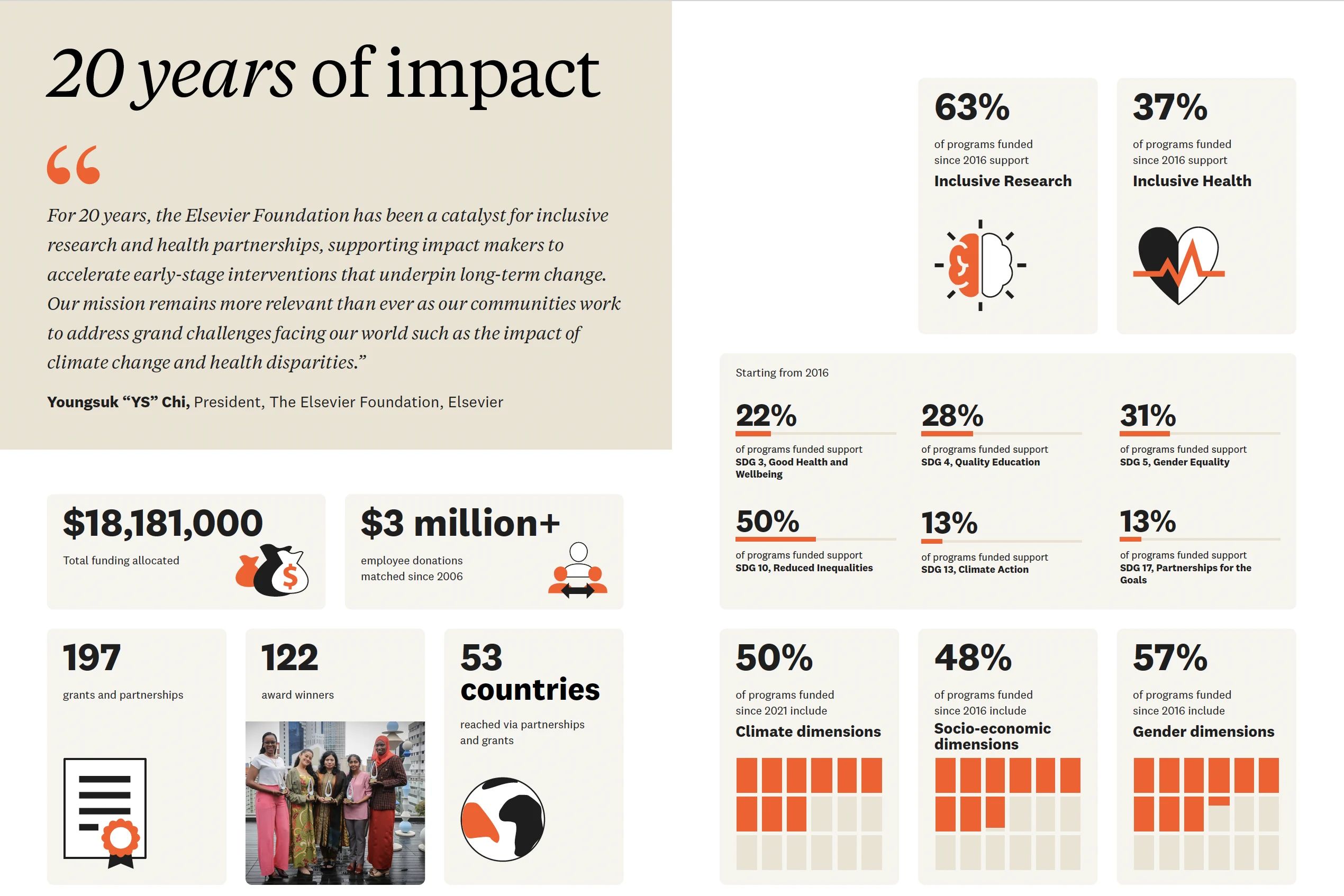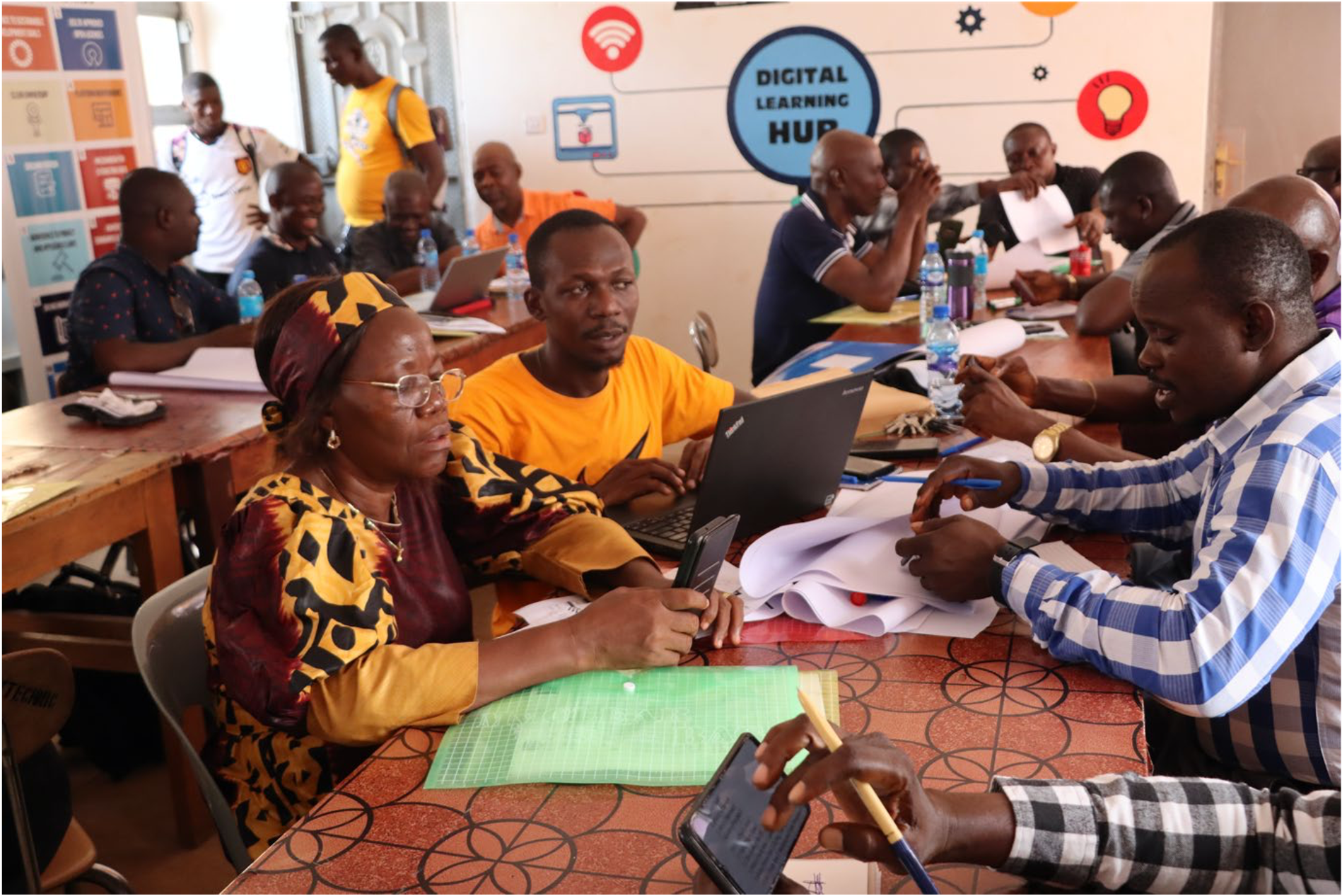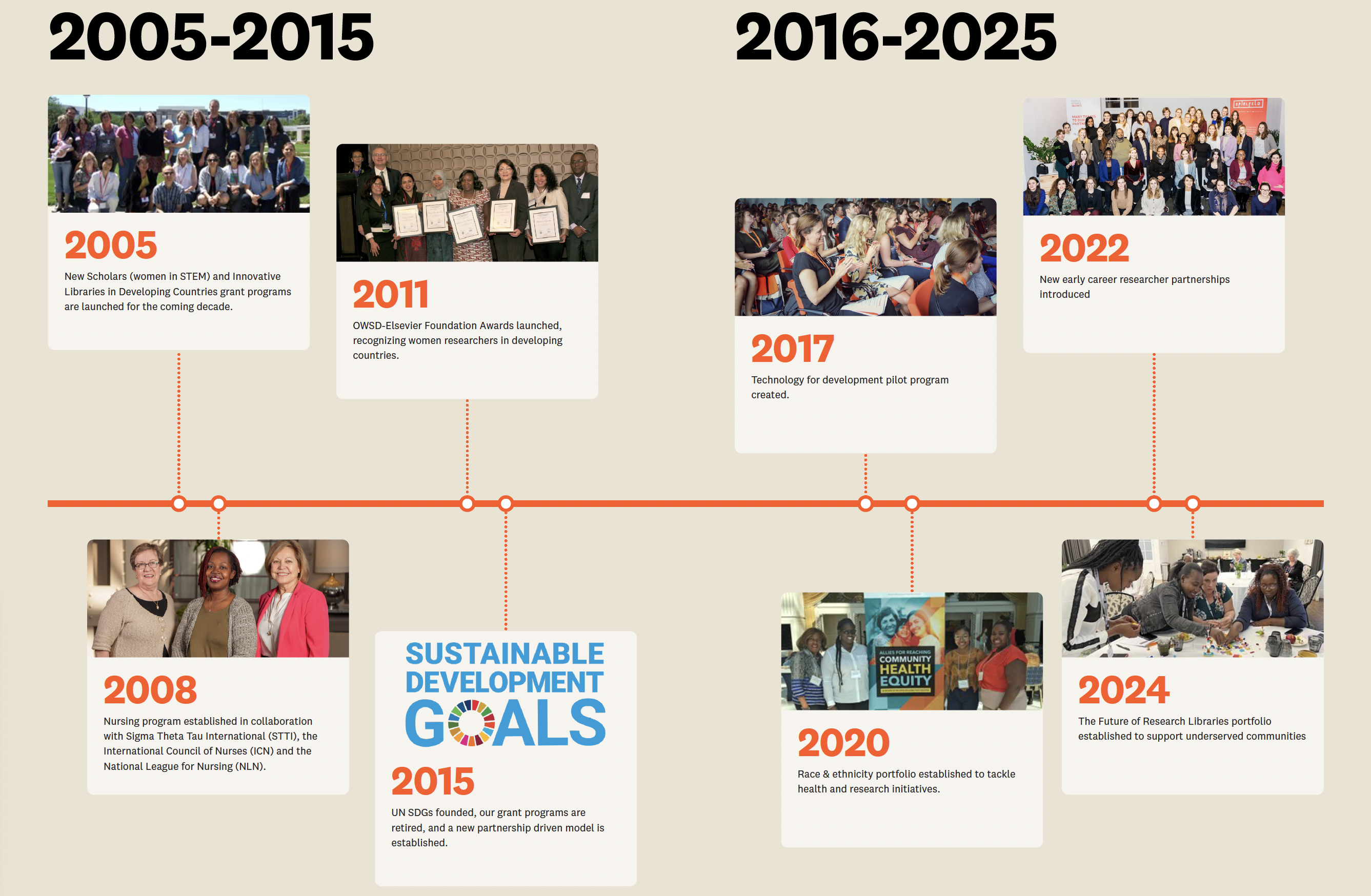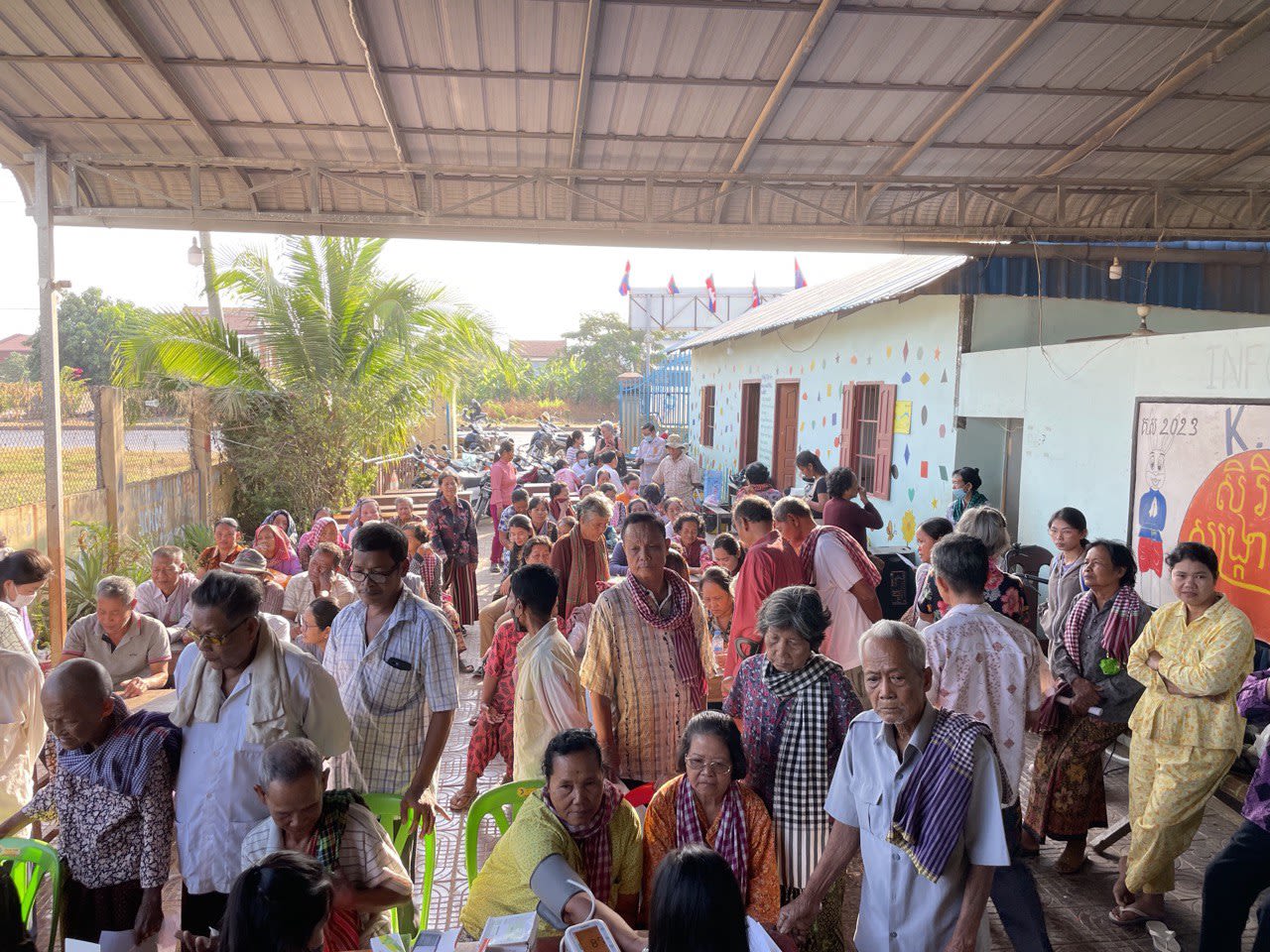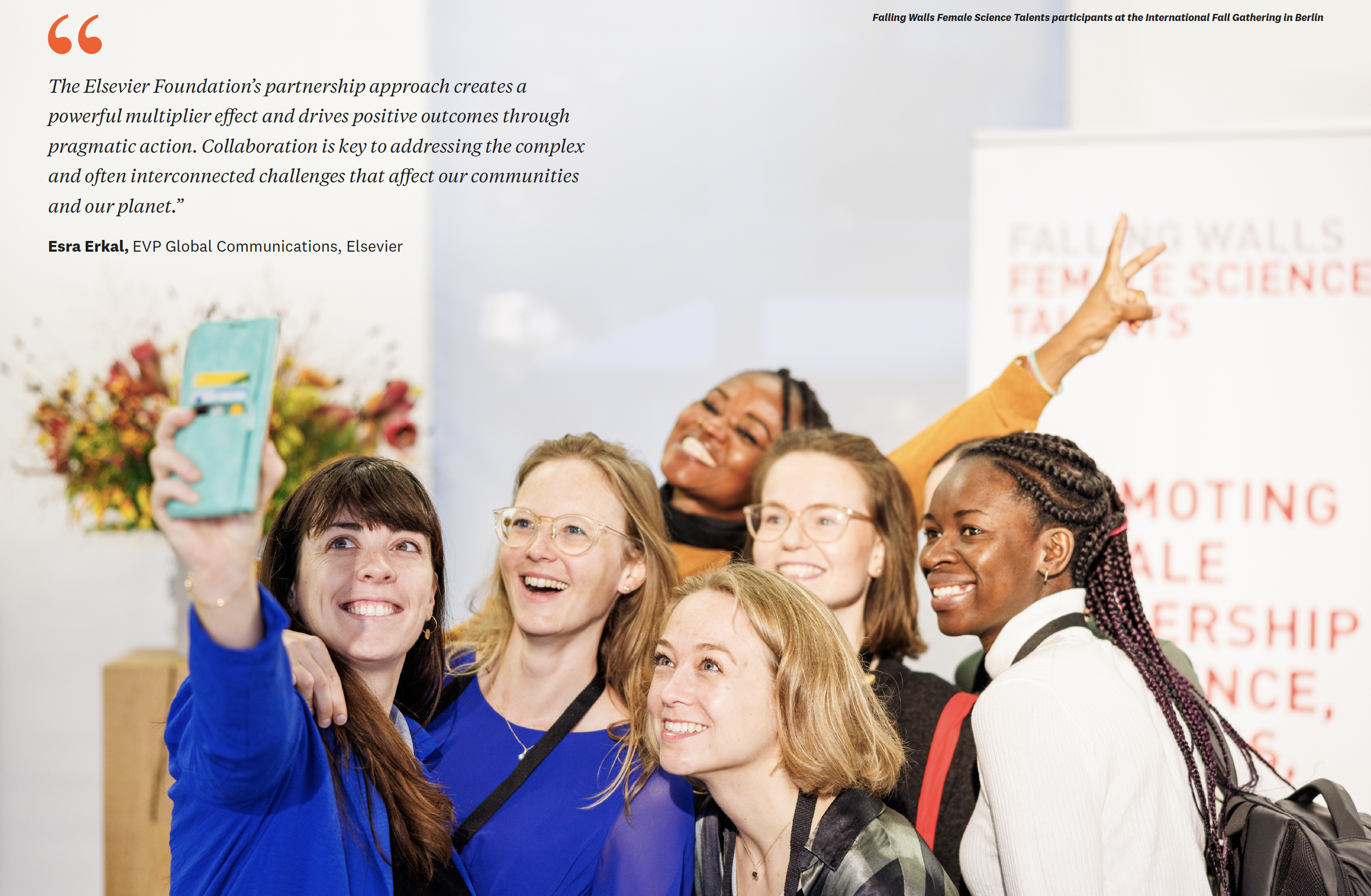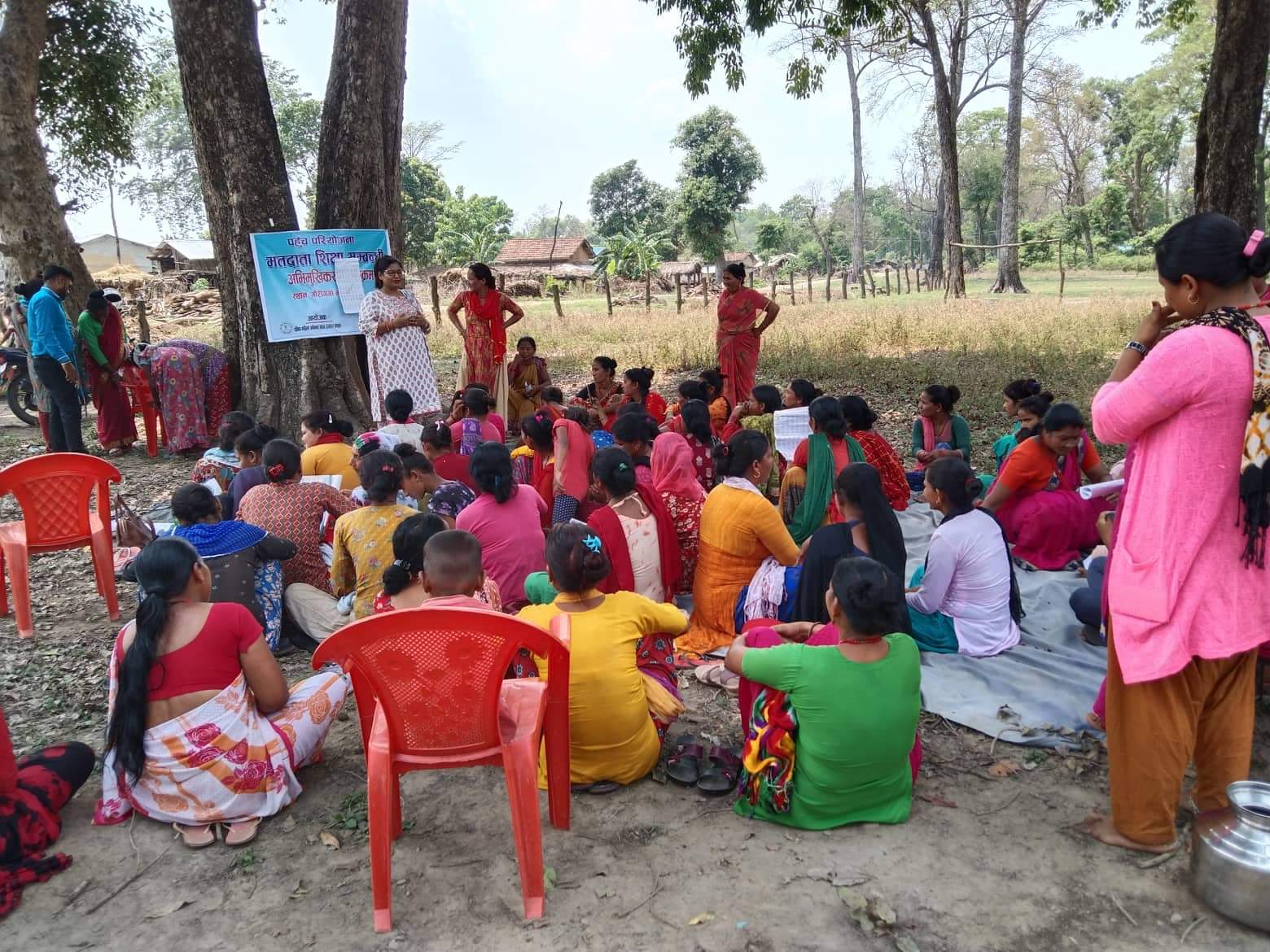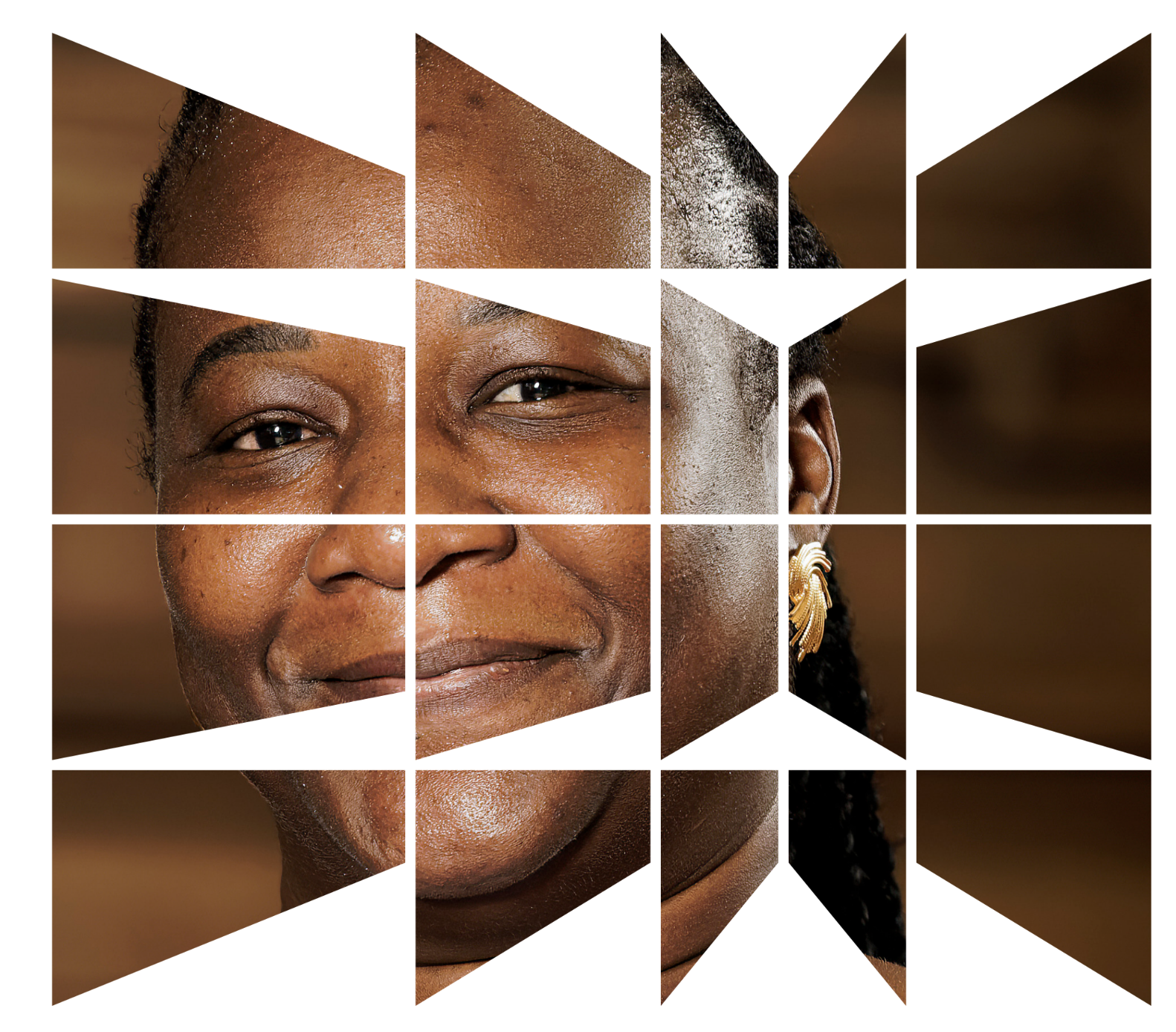Catalyzing impact, inspiring change
20 years of the Elsevier Foundation
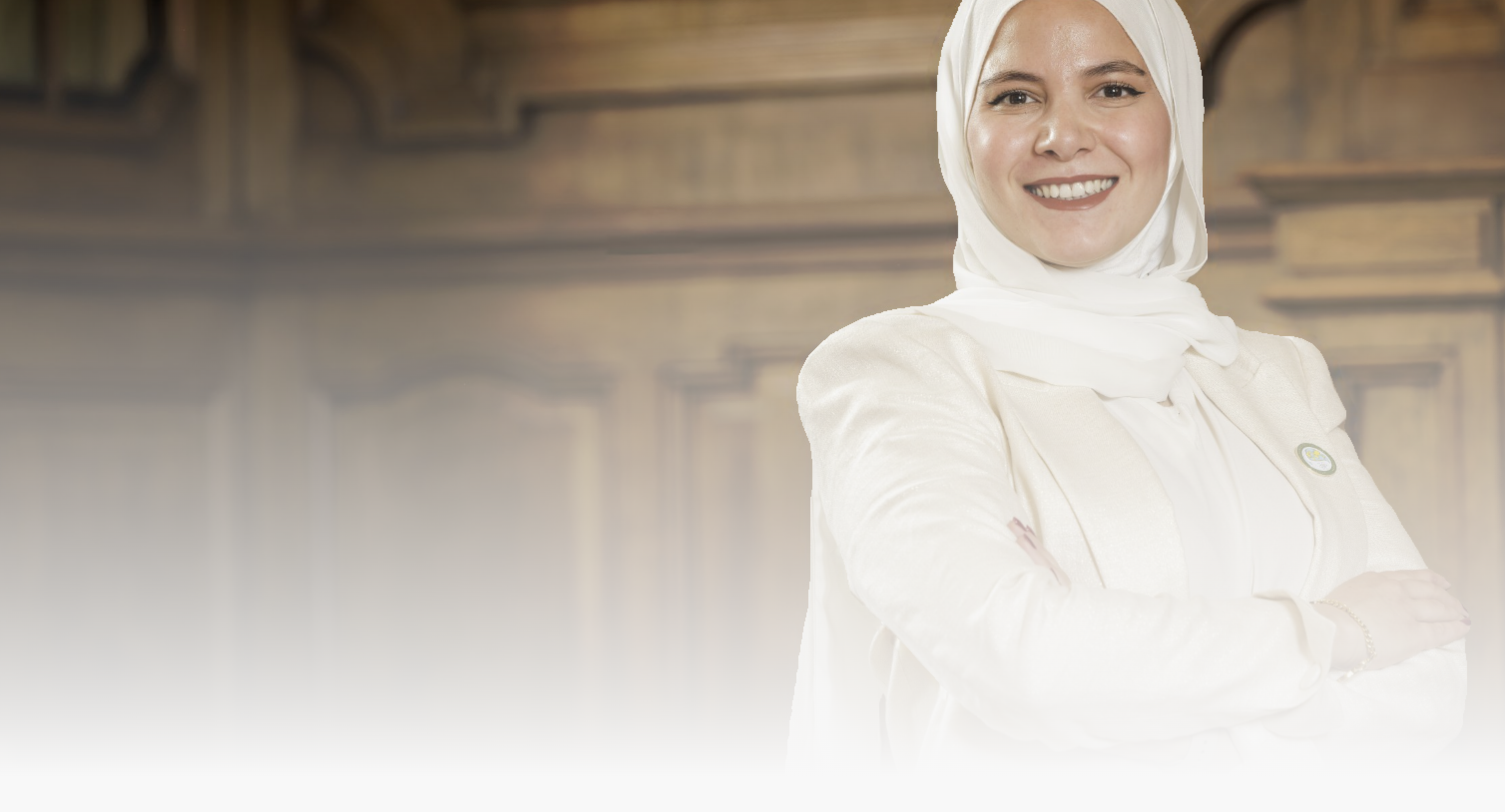
Foreword
As we embark on our 20th year, the grand challenges that our research and health communities are working to address, such as climate change, healthcare disparities, food and energy security, and responsible development of new technologies, underscore the importance of our mission at the Elsevier Foundation.
We want to serve as a catalyst for inclusive research and health partnerships that accelerate early-stage interventions and spotlight impact makers, contributing to positive systemic change.
We believe that global collaboration amongst the research and healthcare communities is vital for progress. We invite you to join us in this journey as we catalyze initiatives and support impact makers that shape human progress to go further, happen faster and benefit all.
Our work
Since its establishment in 2005, the Elsevier Foundation has contributed over $18 million in grants to support over 100 partners in more than 70 countries around the world.
Funded by Elsevier, a global leader for advanced information and decision support in science and healthcare, the Elsevier Foundation is a key part of the company’s commitment to advance inclusive research and healthcare, in partnership with the communities that it serves.
The partnerships we support are strongly intersectional and highlight our commitment to supporting underserved communities around the world for better health outcomes and a more sustainable research ecosystem.
Impact story
Overcoming research challenges to address environmental pollution
For Dr Tasrina Rabia Choudhury, a Bangladeshi chemist, a career in science was inspired by her passion for the world around her and a desire to ensure safe, high-quality lives for her community. Dedicated to addressing environmental contamination, her research focuses on heavy metal pollutants, and has led to groundbreaking findings on extreme contamination levels in Bangladesh’s river systems.
Dr. Choudhury’s work highlights the urgent need for effective water management strategies in Bangladesh: her lab is developing advanced technologies for water purification that are cost-effective and locally sourced. “As a scientist from a developing country, limited resources, lack of access to advanced technology, and funding constraints can create obstacles,” she explains. Her resilience, determination and passion for scientific inquiry have been key to overcoming these barriers.
“In spite of the obstacles, and traditional thinking about women’s roles, many women in the Global South are breaking barriers and making significant contributions to scientific research and innovation. ”
Her dedication and impact have been recognized with the 2024 OWSD-Elsevier Foundation Award for Early-Career Women Scientists in the Developing World. “I feel committed to addressing contemporary public health issues to ensure the wellbeing of future generations” she said.
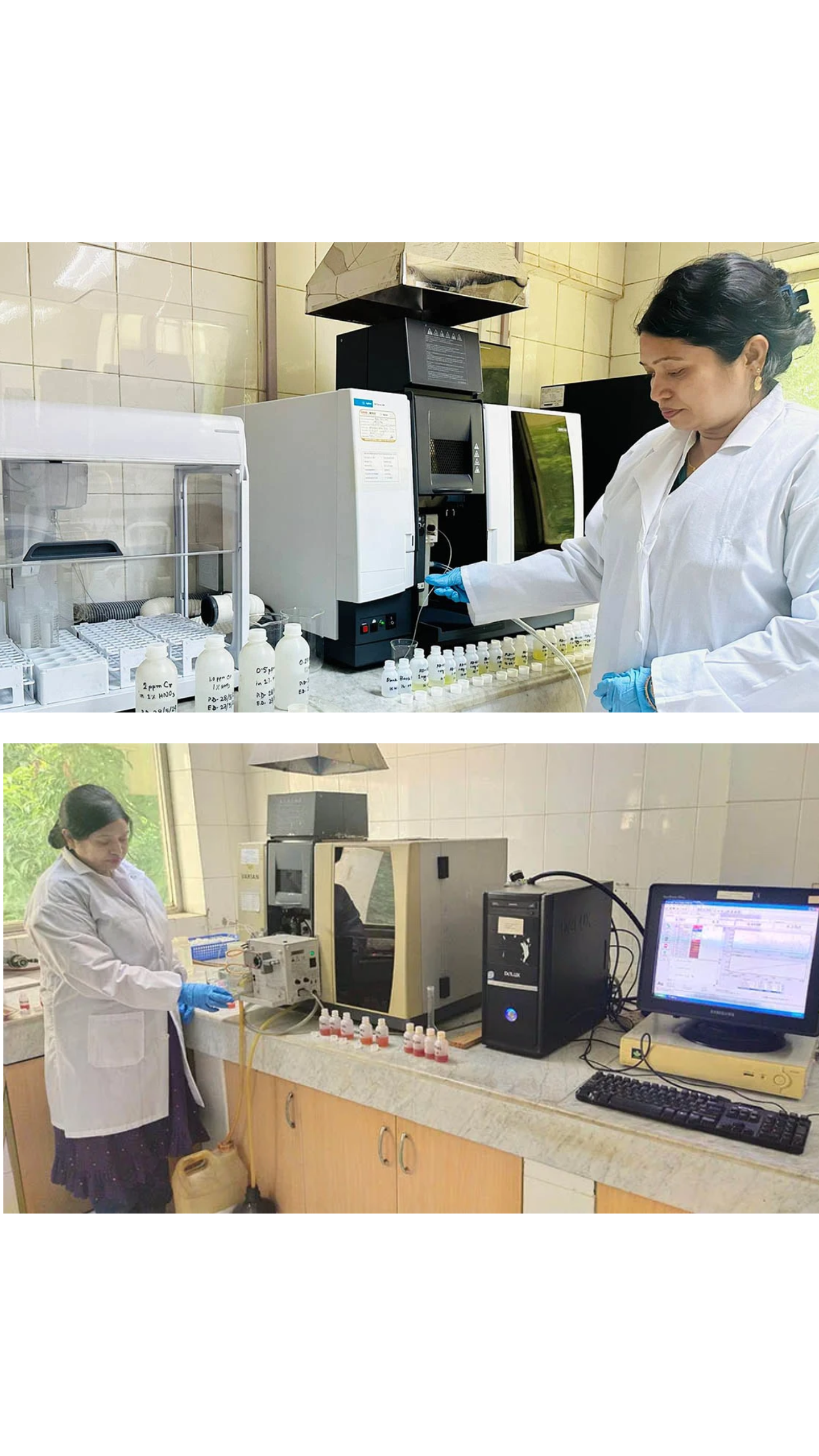
Commitment to inclusive research programs
Stimulating innovation and supporting researchers is essential for driving sustainable development. The Elsevier Foundation has been at the forefront of these efforts, developing programs that address the needs of researchers.
The OWSD Elsevier Foundation awards have been codeveloped to spotlight excellent scientists from low-income countries and their contributions to critical research for the UN SDGs.
From the Research4Life Country Connectors program, implemented across 11 low-income countries to deliver a targeted interventions to strengthen research use and management, to the Agents of Change awards, recognizing significant contributions to an inclusive material science community, to providing opportunities for growth and advancement for researchers in the United Kingdom — we have invested $5 million+ in inclusive research partnerships since 2016.
Looking ahead. As the Elsevier Foundation looks to the future, our focus remains on empowering researchers to drive scientific progress, supporting a range of voices and perspectives, and ultimately, contributing to a sustainable and equitable future for all.
Impact story
Revolutionizing TB screening in Indonesia
Tuberculosis (TB) is highly prevalent in Southeast Asia, accounting for over 45% of the global TB incidence. While tuberculosis can be cured, it results in a death approximately every 20 seconds, typically due to delays in diagnosis or treatment failures.
Dr. Antonia Morita Saktiawati, winner of the 2024 Falling Wall Women’s Impact Award, is spearheading a transformative initiative aimed at enhancing TB screening accessibility in Indonesia.
She has developed an innovative electronic nose (eNose) that screens patients’ breath for TB — a portable, user-friendly, and cost-effective solution designed specifically for underserved populations in remote areas — especially rural women who too often go undiagnosed. The eNose has been tailored to provide equitable access to TB screening for all, regardless of socio-economic status or location.
“Science, at its core, is about solving problems, and often, the greatest impact comes from addressing the challenges closest to home.”
“Coming from a country with limited resources and infrastructure for research, I’ve learned the value of adaptability and resourcefulness. Instead of focusing on what is lacking, focus on how to maximize what is available”, she noted.
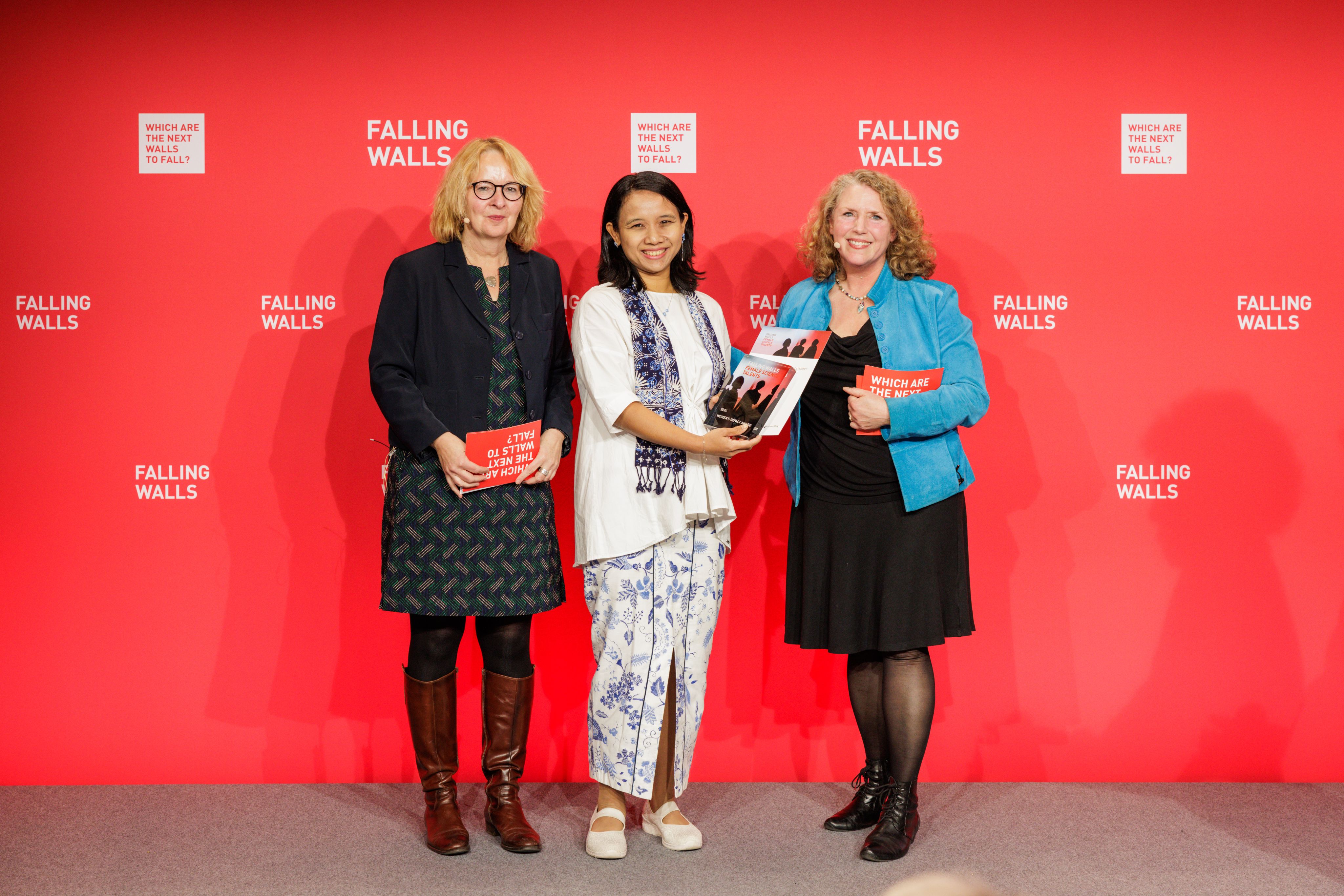
Commitment to health innovation programs
Over the past two decades, the Elsevier Foundation has recognized the critical intersection of health and technology supporting innovative solutions that address pressing health challenges worldwide. We partnered with organizations like Amref Health Africa, on mobile learning solutions, and with Epicentre on strengthening the healthcare system in one of the poorest countries.
Focusing on enhancing health equity for all and driving meaningful impact globally, we partner with Aidsfonds helping to tackle the rising HIV epidemic in Indonesia, and we work with the the World Patients Alliance on a series of children’s books to raise awareness about patient safety.
Looking ahead. Our commitment to advancing global health remains unwavering. The lessons we have learned over the past 20 years continue to guide our partnering choices as we search for concrete ways to bolster innovation, collaboration, and empowerment in healthcare. The journey continues and we are fully committed to ensuring that the voices of all individuals are heard and valued in the pursuit of better health for all.
Impact story
Transforming energy use in Somalia
Somalia is one of the poorest countries in the world, with more than 90% of the population relying on organic charcoal from burned-down trees. This practice not only contributes to deforestation but also exacerbates the effects of climate change.
Recognizing the dire need for renewable energy sources, Mohamedweli Mohamed and his team at the Somali Social Entrepreneurs Fund, winners of the 2023 Elsevier Foundation Chemistry for Climate Action Challenge, introduced cheaper, cleaner renewable energy sources in their communities by producing methane gas from fruit waste and cow manure.
“Receiving this award means a lot to us, and it will help save the lives of poor women in our communities. This transformative solution will help with the climate, social and economic challenges we are facing — and help reach the SDGs 2030 targets.”
The biogas systems provide valuable by-products, including high-quality fertilizers which have been used in solar-powered irrigation systems on a cooperative farmland across the Beled-Hawa community of southern Somalia.
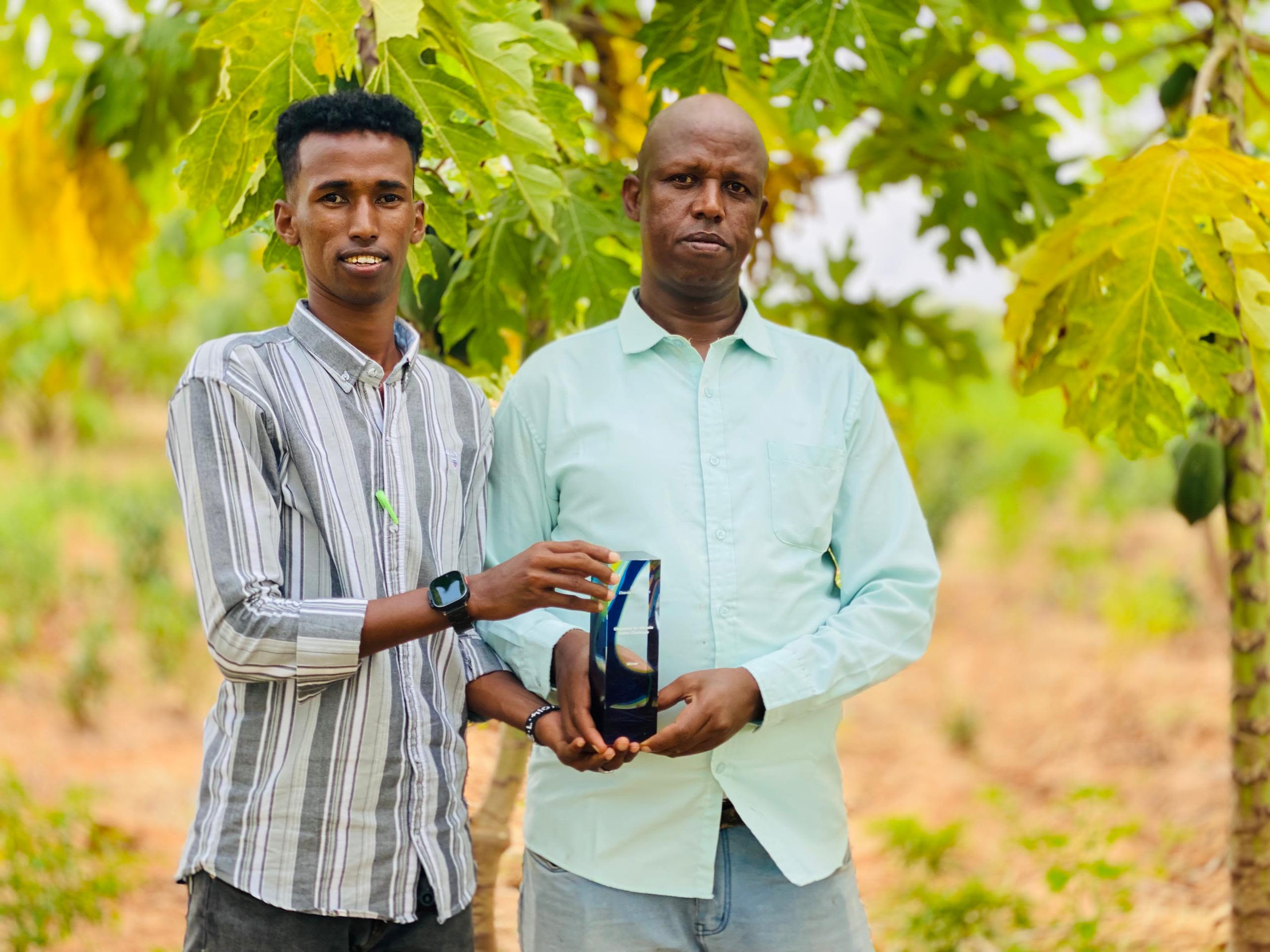
Commitment to climate action programs
In the face of unparalleled challenges posed by climate change, innovative solutions are essential for driving sustainable development. The Elsevier Foundation’s Chemistry for Climate Action Challenge focuses on finding chemistry-related solutions to the climate crisis in low- and middle-income countries.
With the World Academy of Sciences, the “Climate Women” program awards grants to scientists from the Global South developing concrete and innovative solutions to climate-related issues in their communities. In Somalia, we support Concern Worldwide to strengthen health systems in response to food insecurity exacerbated by climate change. And with Swasti, the “Climate Care Champions” program mobilizes community health workers to address the health impacts of extreme weather, including heat-related illnesses.
Looking ahead. As the Foundation looks to the future, our commitment to climate action is stronger than ever. The lessons learned from past initiatives guide our future strategies to foster innovation, collaboration and sustainability in addressing climate challenges.
